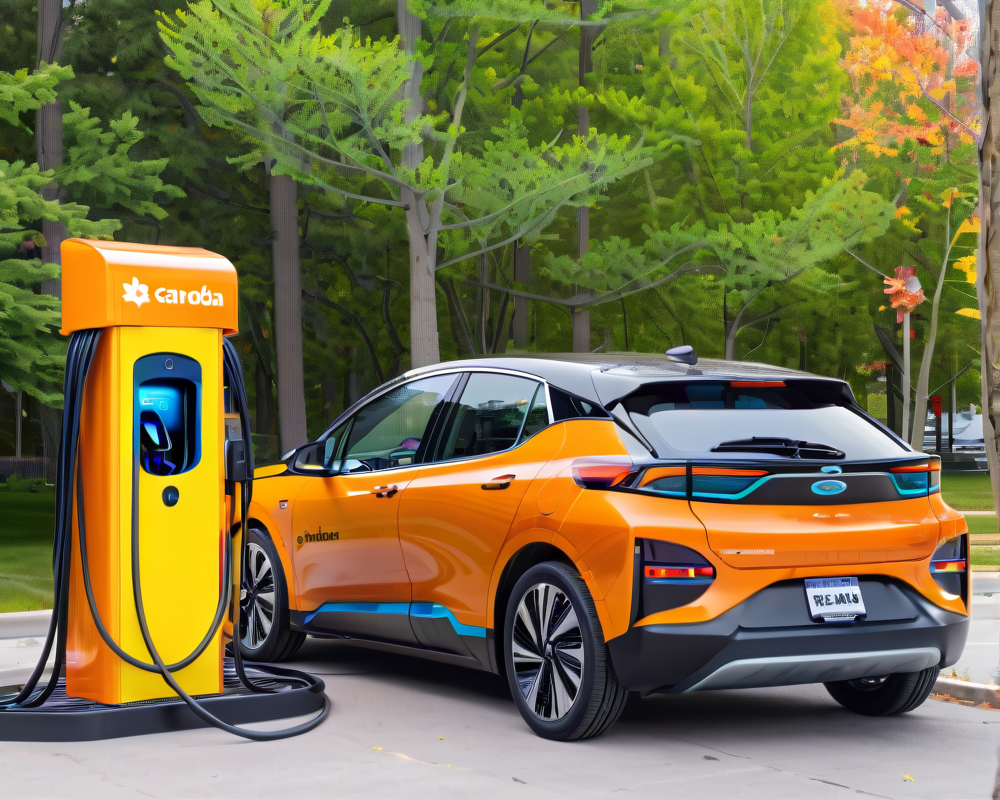Funding the Future of EV Charging
In an electrifying move, Natural Resources Canada has injected $1 million into a three-year pilot project aimed at transforming electric vehicle (EV) charging thanks to innovative blockchain technology. This initiative promises not just to simplify the charging process but also reduce costs and improve the efficiency of the power grid.
The Location is Key: Downtown Toronto
Setting up shop in two bustling multi-tenanted office buildings in downtown Toronto, this pilot, orchestrated by SWTCH Energy and Opus One Solutions, brings energy innovation right to the heart of Canada’s largest city. It’s like taking a tech orange and squeezing out all the juice—just imagine the potential!
Cars with a Twist: Batteries on Wheels
Gone are the days when we merely think of electric vehicles as eco-friendly rides. This program emphasizes the reality that electric vehicles are essentially mobile batteries. Instead of just consuming energy, they can now help balance energy demand. The concept of bi-directional charging allows these battery vehicles to roll into action when the grid needs a little backup. Here’s how it works:
- Charge It Up: EVs are charged overnight at reduced electricity rates.
- Power to the People: During peak hours, they can channel that stored power back to the building.
- Cash for Energy: Owners receive credits based on competitive electricity prices for the power they provide.
Stabilizing the Power Grid
This innovative approach doesn’t just benefit EV owners; it helps stabilize the power grid, making it easier to manage the ups and downs of renewable energy sources. According to Carter Li, CEO of SWTCH, most people only drive their vehicles 10% of the time, which means there’s a treasure trove of battery power up for grabs. It’s like having a secret foodie stash, but instead, it’s electricity!
The Bigger Picture: Industry Collaboration
The ripple effects of this technology are already apparent, as industry giants like General Motors and Honda are also exploring blockchain to harness excess energy from renewable sources. Together, they are pioneering a global standard for how these networks might operate. It’s a collaborative effort that promises to drive the entire sector forward.
Conclusion: A Bright Future Ahead
The future of electric vehicle charging looks promising with this innovative blockchain project. As cities become smarter and technology evolves, initiatives like this will help pave the way for sustainable urban living. It remains to be seen, but we just might be cruising into a future where every parked car is not just a ride but a power station too.




